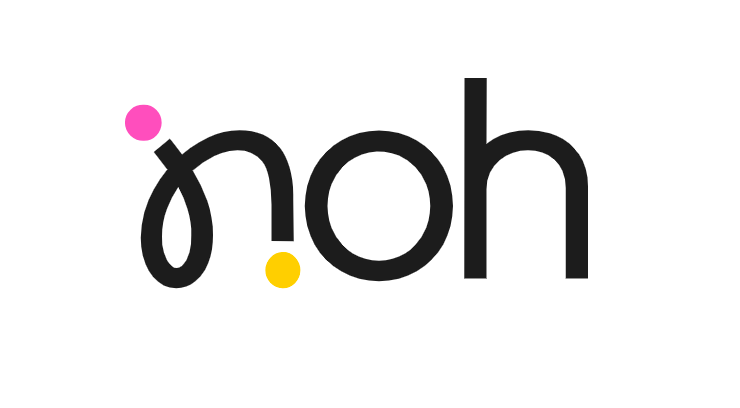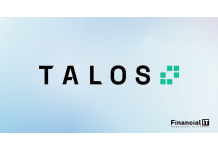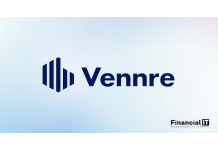Varo Bank Announces Growth Investment Led by Coliseum...
- 03.02.2026 02:25 pm
Mine Raises $14M To Launch AI Money Agent Built To...
- 02.02.2026 01:05 pm
Lunar Raises €46 Million To Accelerate Nordic Growth
- 02.02.2026 12:55 pm
Bleap Raises $6 Million Seed Round
- 02.02.2026 12:55 pm
Incard Raises £10m Series A Funding To Expand Its...
- 02.02.2026 09:15 am
Talos Extends Series B to $150M in Strategic Fundraise
- 30.01.2026 12:25 pm
Fuel Ventures & Founders Factory Back WealthAI’s...
- 29.01.2026 09:15 am
SOKIN Secures $100M in Growth Financing From Oxford...
- 28.01.2026 12:00 pm
Paraglide Raises $5M Seed Funding From Bessemer and DN...
- 27.01.2026 09:25 am
Float Secures Close to $100M in Funding to Unlock Over...
- 27.01.2026 08:45 am
Vennre Raises USD 9.6M Pre-Series A to Redefine...
- 27.01.2026 08:45 am
AiStrike Raises $7M To Accelerate AI-Native,...
- 26.01.2026 12:35 pm






















